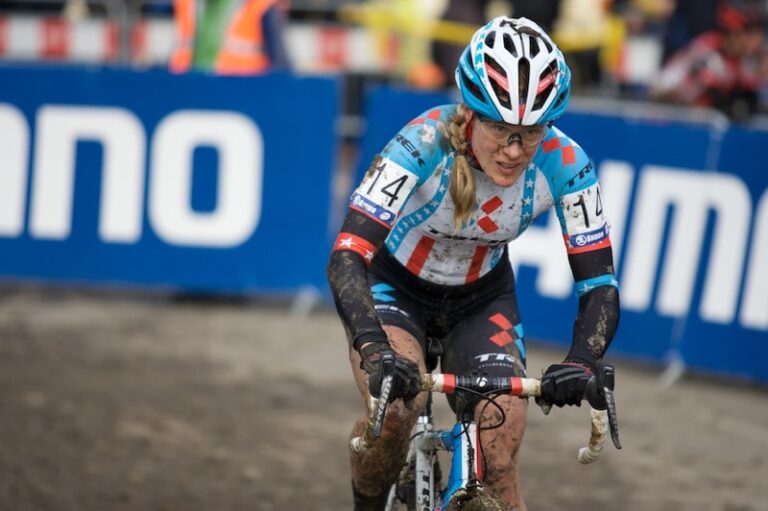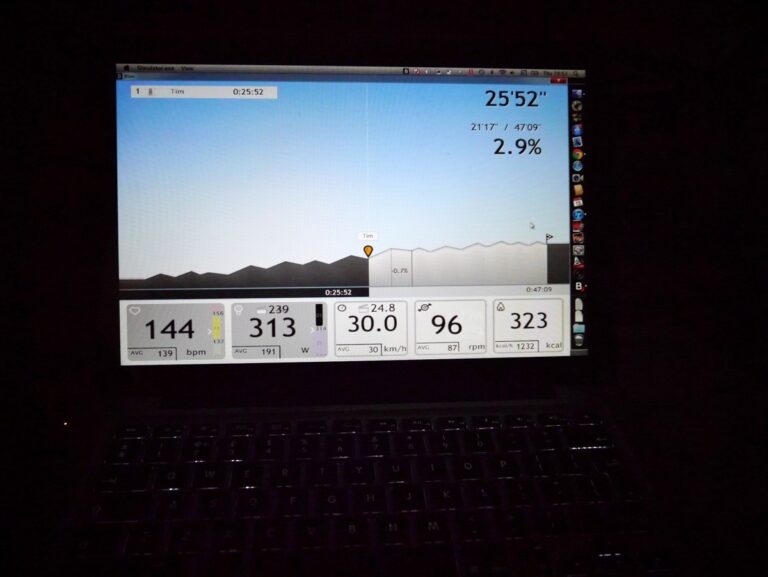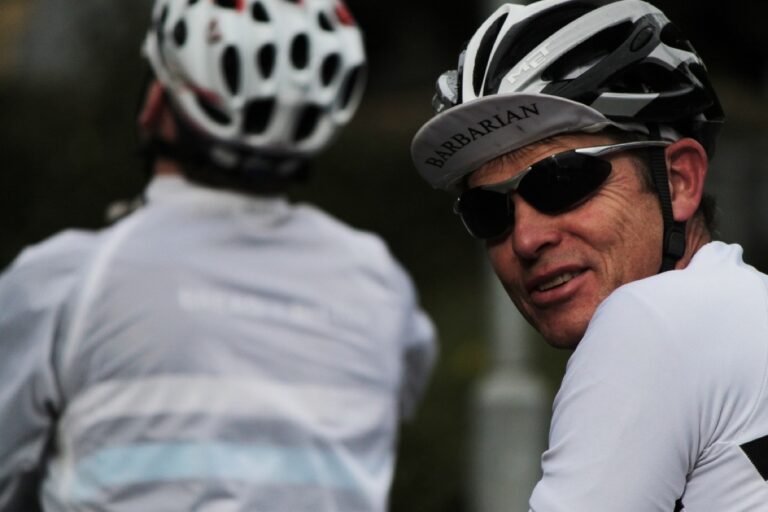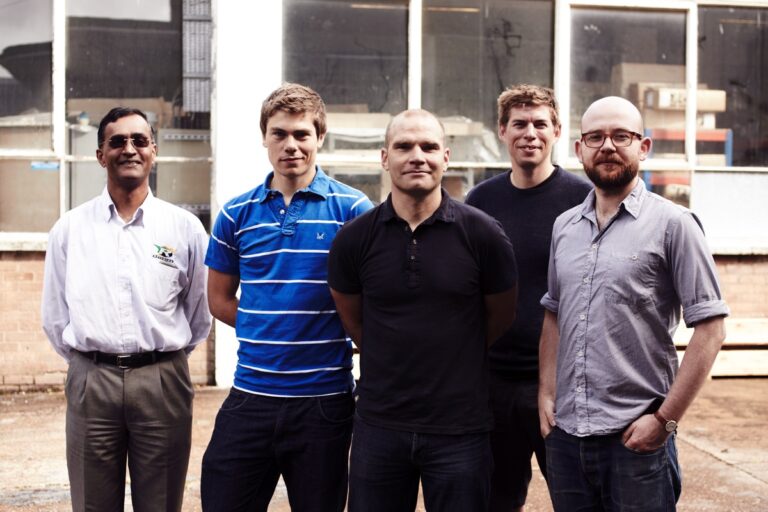Roger Hammond is one of the last British riders to accede to professional cycling’s highest echelon almost entirely by his own efforts.
Years before the Brailsford revolution and the unerring efficiency of British Cycling’s vaunted Academy, Hammond began his journey to the paid ranks in Belgium with £100 in his pocket and the loan of his parents’ car.
He describes his 16-year career, which ended with his retirement earlier this year, as a “fantastic adventure”, and the opportunity to earn a living as a professional cyclist as “a privilege”. But as he turns the page on a palmares with multiple top 10 finishes in cycling’s hardest one-day races, including a podium finish at his beloved Paris-Roubaix, Hammond admits to sadness at the sport’s current turmoil, and anger towards those who harmed, and whom he believes continue to harm, the sport he clearly loves.
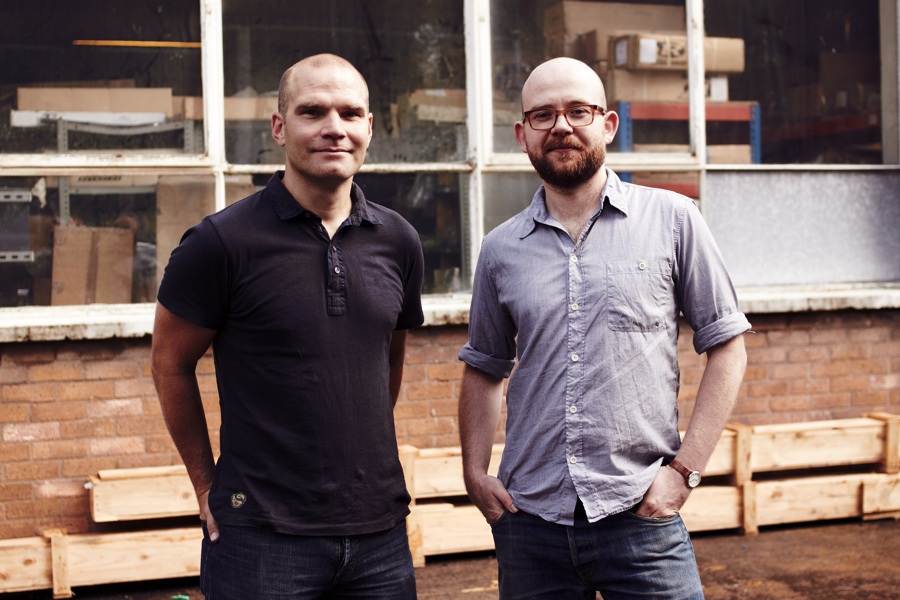
Hammond, a former world junior cyclo-cross champion, and twice British road race champion, is the manager of a new British team, Madison Genesis, one with four riders aged under 23, a first cat amateur, and which he describes as a development squad despite his signing of four established riders, including an Olympian, from four of Britain’s top teams. His targets for the team include the biggest races on the domestic calendar, including the Tour of Britain, and passing on knowledge gained from a career spent for the greater part competing in the biggest races in the sport for its biggest teams.
Cleaning up cycling
During a conversation lasting nearly an hour it is the topic of doping that dominates; a subject on which he speaks passionately and with the indignation that might be expected of a rider who achieved the best result of his career the same year in which a test for EPO was introduced. “Overnight, racing just slowed down and I was able all of a sudden to podium in Roubaix,” he recalls.
Hammond emphatically believes that former dopers have no place in the management of cycling, wholeheartedly supports Team Sky’s zero tolerance policy, and is scathing about those lionised in some quarters as whistleblowers, having done so only under threat of committing perjury.
His greatest fear is that professional cycling will squander what might be its last, best opportunity for reform by placing the process in the hands of those who have done so much to damage it. He says he has very little confidence in the UCI’s ability to lead the cleanup of the sport, and is baffled by the sympathy afforded to confessed dopers; riders, he says, who “robbed” careers from the amateurs who would stay in his house in Belgium “running up debts all over the place on credit cards to chase their dream”.
“Why can’t we take the guys that performed naturally, treated it as a sport and had the sport’s best interests at heart over the last 20 years?” he asks. “I think we need credible and believable people at the head of our sport, more so now than ever before. I don’t understand why we have to have cheats in charge just so we know what they were doing over the last 20 years.”
Clean riders: Bradley Wiggins and the 2012 Tour de France
If the Armstrong scandal has dominated cycling in the final quarter of the year, 2012 is one that belongs morally to Bradley Wiggins, who became Britain’s first winner of the Tour de France and its most decorated Olympian. Hammond, a Classics specialist, who rode only one Grand Tour, the 2009 Vuelta a Espana, makes no attempt to conceal his admiration for Wiggins’ achievement, and that of his team.
It is not, however, the physical effort required by Wiggins’ victory that impresses Hammond the most (Grand Tours, he says, offer only a “different type of pain” to the Classics). The most admirable aspect of the Londoner’s feat was the mental strength required to win a three-week race, says Hammond; a pressure magnified by the leadership of a multi-million pound team and a nation’s expectation. “You can’t afford to have a bad day; you can’t afford to have a bad five minutes.” He compares Wiggins’ level of concentration throughout the Tour to that he sustained “for five minutes” during the Arenberg Forest and Carrefour de l’Arbre sections of Paris-Roubaix.
Clean team: Madison Genesis
Hammond’s career began by racing no more than 30 days a year until he was 23 to complete his school and university education. With the combined coaching knowledge of an 18-year-old and his father, an aeronautical engineer, he won the world junior cyclo-cross championship in 1992. Hammond speaks fondly of those days and is clearly enthused by his new role with Madison Genesis. He has recruited a mix of youth and experience for the Milton Keynes-based squad, which will make its debut in the 2013 season.
Dean Downing and Andy Tennant have been recruited from Rapha Condor Sharp, Ian Bibby signed from Endura Racing, and Liam Holohan transferred from Raleigh-GAC. They will be joined by a host of under-23 riders and Chris Snook, a Madison employee, who has ridden to first cat status while holding down a full-time job.
Downing, now 37, has been recruited for his ability to win races when fully fit, and for his experience. “Hopefully, I can pass on some of my knowledge,” says Hammond, “but once the race starts, they’re pretty much untouchable to me because the UCI have banned radios at our level. Once they start racing, they’re on their own. We needed some guys on the bike; part of the team that could make the decisions on the road.”
Ian Bibby, like Hammond a former national cyclo-cross champion (Hammond won the title seven times), and who raced this season for Endura Racing, is a rider yet to fulfill his potential, according to his new manager. “I believe he’s still very much in that upward learning curve. I like his mentality and attitude towards racing, and we need a rider who can get results,” says Hammond.
Andy Tennant is another of the team’s high profile signings. Like Downing, Tennant rode last season for Rapha Condor Sharp, though unlike Downing, focussed mainly on the track. Tennant was selected for Great Britain’s all-conquering men’s team pursuit squad, and although he raced in the qualifying heats in the world championships in Melbourne, missed out on a ride in the Olympics.
Hammond says Tennant’s road career will not harm his ambitions for the track, and expects him to ride in the 2013 world track championships and at the Sir Chris Hoy Velodrome in the 2014 Commonwealth Games in Glasgow. “I don’t believe it’s detrimental to his road career,” said Hammond. “The time up until 2012 meant his road campaigns had been restricted, but the next Olympics are still four years away. He’s got a good couple of years to put everything into the road and afford it the same dedication he displayed on the track over the last couple of years.”
Alongside the team’s more established names are riders Hammond believes will be capable of challenging for the national under-23 title. Jack Pullar, Sebastian Bayliss, Alex Peters, Brennan Townshend and Dominic Jelfs will all be eligible to compete for the title in 2013.
The team will contest the professional road title, Premier Calendar, the Tour Series, and Tour of Britain. In the case of the first, he admits that the presence of Team Sky will make things difficult, and for the last, he will not enter a team merely to make up the numbers. “If it’s just about starting the Tour of Britain, we don’t need to do it. The only reason we’ll go to the Tour of Britain is if we’ve got a six-man team that can be competitive there. I truly believe we will.”
The will to win
The achievements of the riders are less important to Hammond than their personal qualities. Still only 38, and until this season a rider in cycling’s elite WorldTour, he is to some extent, a member of the old school. In a sport in which performance is gauged almost exclusively in numerical terms, he has based his recruitment policy on a less measurable quality: desire. “For me, it’s a lot to do with character, will to win, ideas and mentality,” he says. “My numbers were never very good on tests but if you add in the will to win, it makes a huge difference,”
The will to win is something Hammond has relied upon since deciding that he wanted to win Paris-Roubaix at the age of six. It is a quality strained to the limit by competing clean in what has been arguably the sport’s dirtiest era, but one that now allows him to reflect with pride on “a fantastic adventure”.
“As with any job, there were times when I was sick of it, fed up with it, and wondering what I was doing, but the majority of it, I look back, and think, ‘Wow. What an adventure I had. What a privileged life I had.”

